
03/03/2026
Leo Express launches services from Krakow to Warsaw
Copy link
TwoContinents
18 February 2025

Are you interested in extradition law in Dubai and wondering what the latest regulations and procedures are for extraditing people to other countries? Read this article to learn more about the current regulations, formal requirements and who is actually subject to extradition in the United Arab Emirates.
Extradition in Dubai has long been a subject of discussion and concern among those interested in international law. As part of the United Arab Emirates (UAE), Dubai has its own legal system, which continues to evolve and adapt to new political and social realities. In this article, we will explore Dubai's Extradition Law 2025, how extradition in the UAE operates, and key issues related to extradition treaties in Dubai, including who is subject to extradition in Dubai.
International law in Dubai regulates cooperation between countries, including the extradition of suspects or convicted individuals. Dubai's legal system is a blend of Islamic law (Sharia) and elements of civil law. As a result, extradition law in the UAE is often a subject of debate in the context of international extradition cooperation.
Human rights protection in the UAE is a crucial factor in any legal procedure, including extradition cases. If there are justified concerns regarding the potential violation of an individual's rights or exposure to inhumane treatment, extradition may be denied. At the same time, the UAE is highly committed to combating transnational crime, leading to new extradition treaties in Dubai with various countries worldwide.
In 2025, new extradition regulations will take effect in Dubai. These amendments will clarify who is subject to extradition in Dubai and expand the list of offenses eligible for extradition. Key changes under Dubai’s Extradition Law 2025 include:

Many people wonder, how does extradition work in Dubai? The process usually begins with a request from the country seeking to extradite a suspect or convicted individual. The authority responsible for the extradition procedure in Dubai 2025 then examines whether all formal conditions are met and whether there is an existing treaty with the requesting country.
It is important to note that extradition in the United Arab Emirates is only possible if there is a legal basis, usually in the form of an international treaty or a bilateral agreement.
Under current laws and upcoming Dubai extradition regulations 2025, the following individuals may be subject to extradition:
In practice, extradition of criminals from Dubai often involves individuals accused of financial crimes, corruption, terrorism, or serious criminal offenses. However, human rights standards must always be upheld, as regulated by human rights protection laws in the UAE.
Extradition agreements in Dubai are signed with various countries worldwide, helping standardize procedures and improve international cooperation in extradition cases. For many nations, it is crucial that individuals extradited to Dubai receive a fair trial, and that all rulings comply with international law.
Depending on the specific provisions of an extradition treaty, the process may be fast and efficient or require extended judicial proceedings in the UAE. To successfully carry out the process, both parties must comply with UAE extradition laws and follow the procedures outlined in the treaty.
Would you like to learn more about Dubai and discover hidden attractions that no travel guide mentions?
Visit Two Continents, where you'll find inspiring content, practical tips, and ideas for unforgettable experiences in this futuristic city.
Don't miss the opportunity to see Dubai from a completely new perspective!
What are the extradition procedures in the UAE?
Extradition procedures in the United Arab Emirates are governed by federal law and bilateral agreements between Dubai and other nations. UAE extradition laws define how requests should be submitted, reviewed, and when they may be rejected.
Does Dubai have an extradition treaty with Poland?
According to media reports and government statements, the UAE is expanding its network of extradition treaties. However, the status of specific agreements may change. It is advisable to follow official sources, such as the Polish Ministry of Foreign Affairs, for updates on extradition treaties between Dubai and Poland.
Can extradition be avoided in Dubai?
Avoiding extradition largely depends on whether irregularities in the procedure or risks to human rights can be proven. Human rights protection in the UAE is taken into account in every case, meaning courts assess whether extradition would violate fundamental legal standards. However, if the request meets all legal criteria and the requesting country guarantees a fair trial, avoiding extradition is unlikely.
Who can be extradited from Dubai to another country?
Extradition from Dubai applies to individuals suspected or convicted of crimes committed outside the UAE. A valid legal basis (treaty or bilateral agreement) is required, and the offense must be punishable in both countries.
Extradition in Dubai is governed by strict regulations that balance international law, local legal norms, and global cooperation. The system seeks to effectively combat crime while ensuring human rights protection. The planned 2025 amendments to Dubai’s extradition laws indicate that UAE authorities are continuously adapting the process to evolving international standards.
For individuals considering residence in the UAE or conducting business in Dubai, it is essential to stay updated on UAE extradition laws and monitor current treaties. If in doubt, consulting a legal expert can provide clarity on how extradition works in Dubai and assist with judicial proceedings in Dubai.
See other news

03/03/2026
Leo Express launches services from Krakow to Warsaw
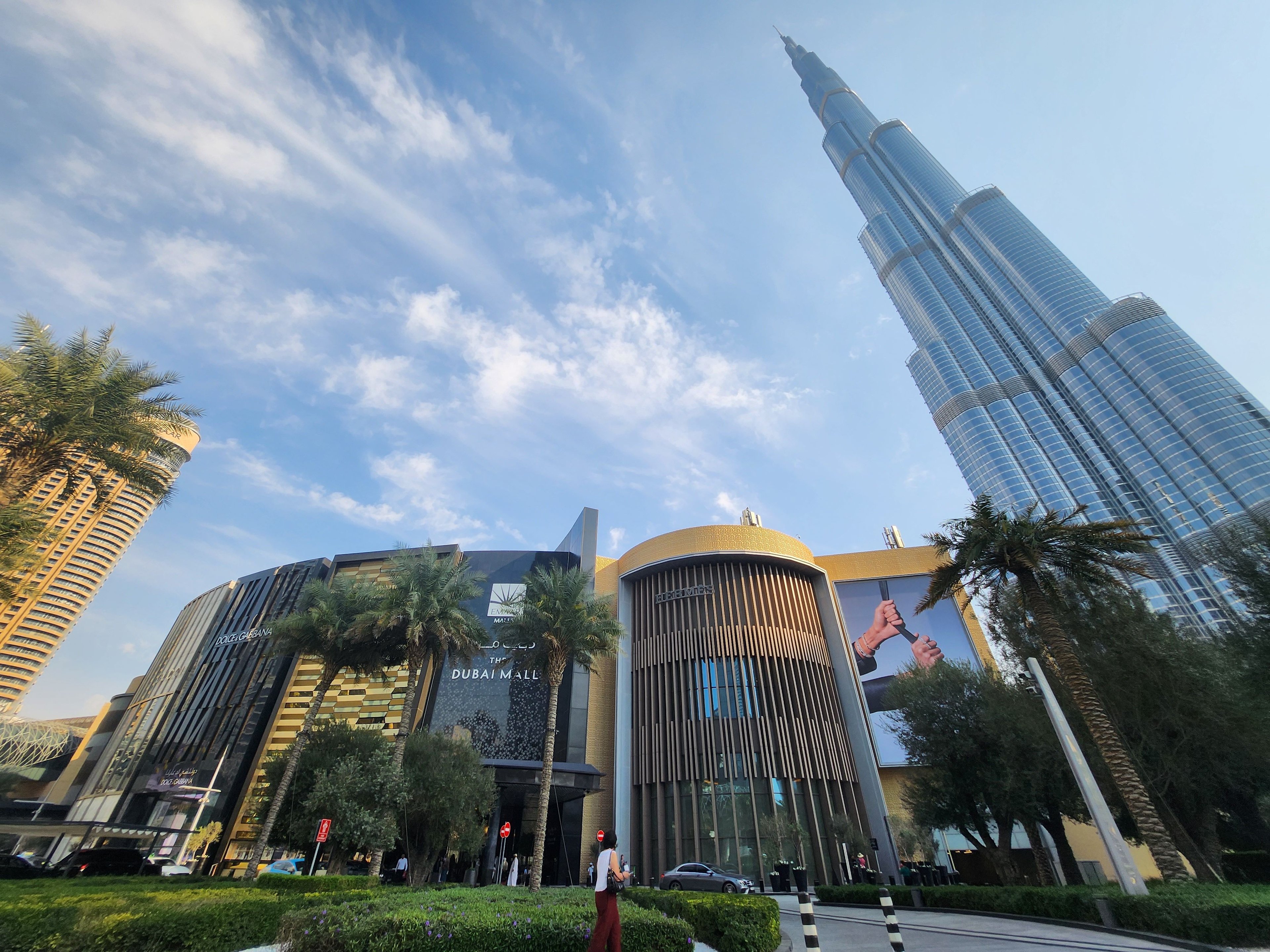
01/03/2026
Dubai Mall – area
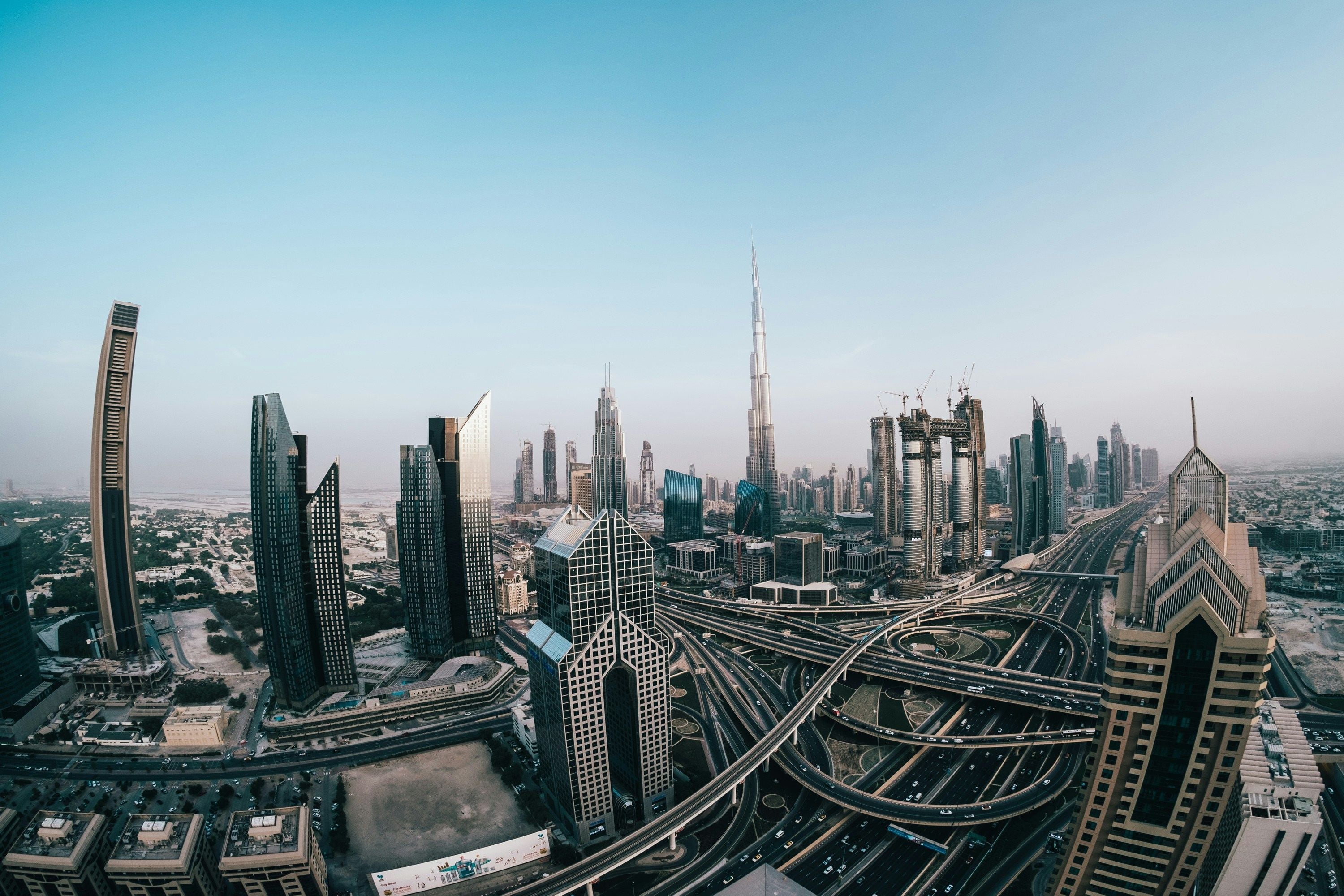
01/03/2026
Burj Khalifa – which floor to go to?
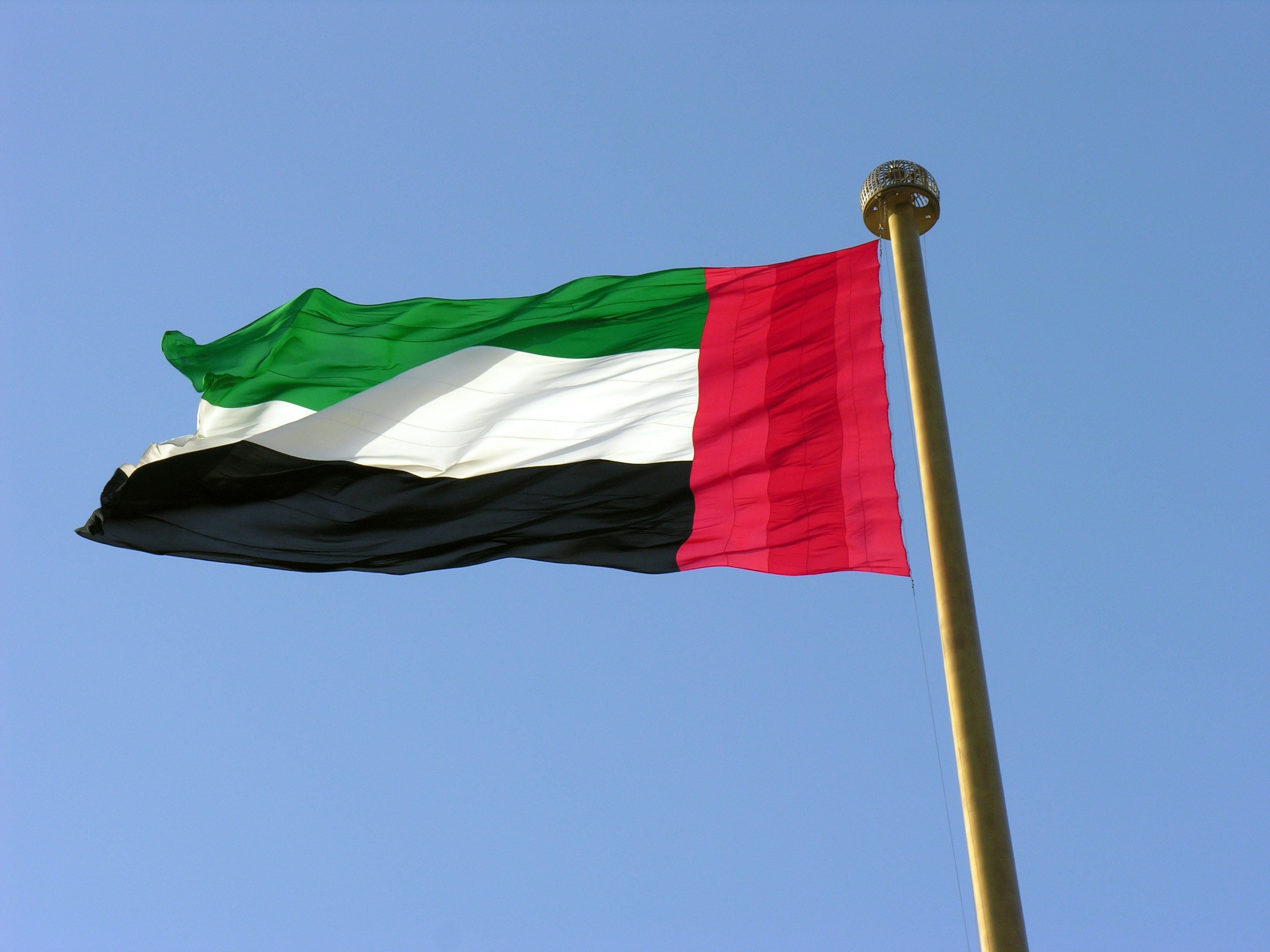
01/03/2026
United Arab Emirates - a guide for tourists
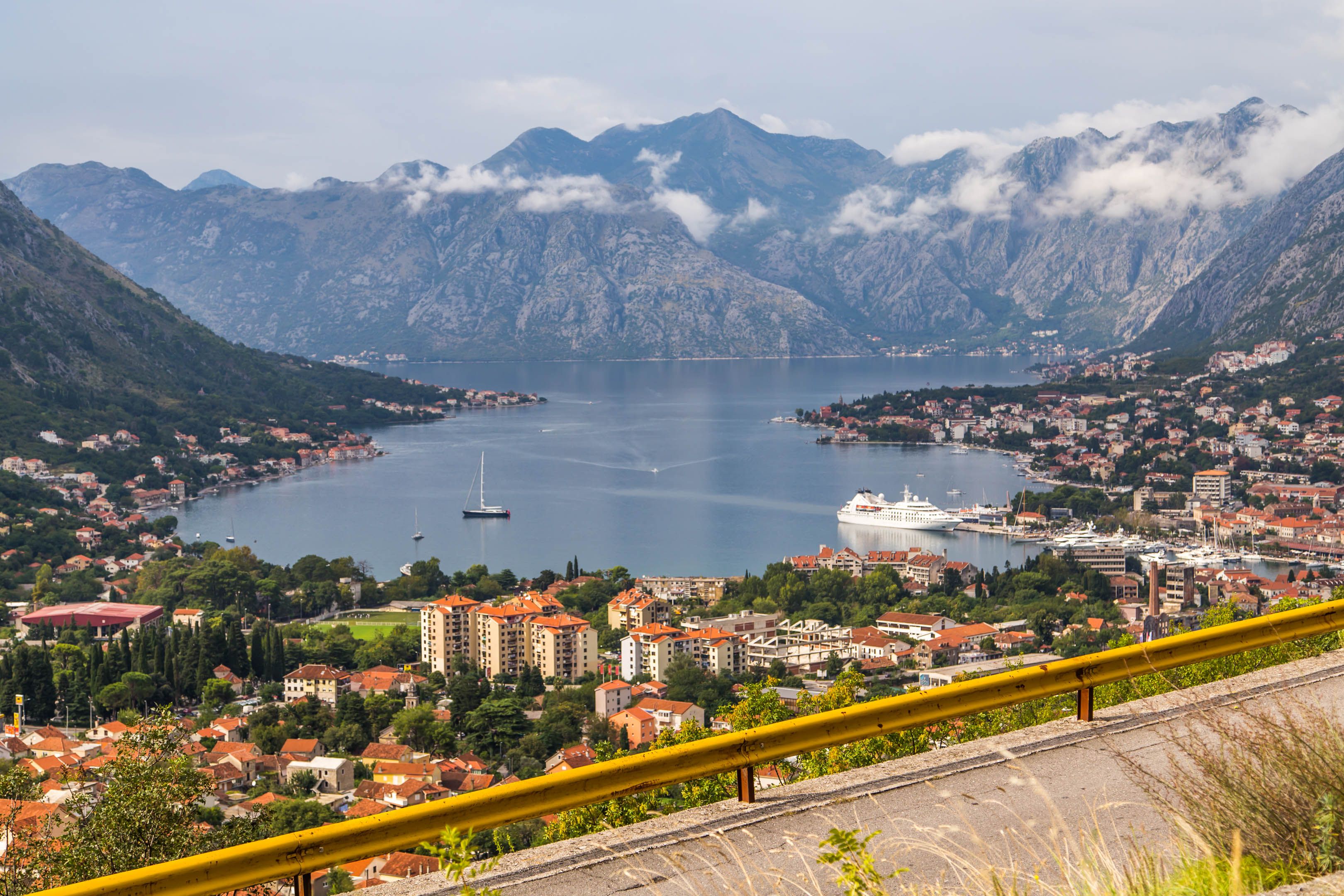
28/02/2026
No more expensive internet in the Balkans? EU roaming on the way!
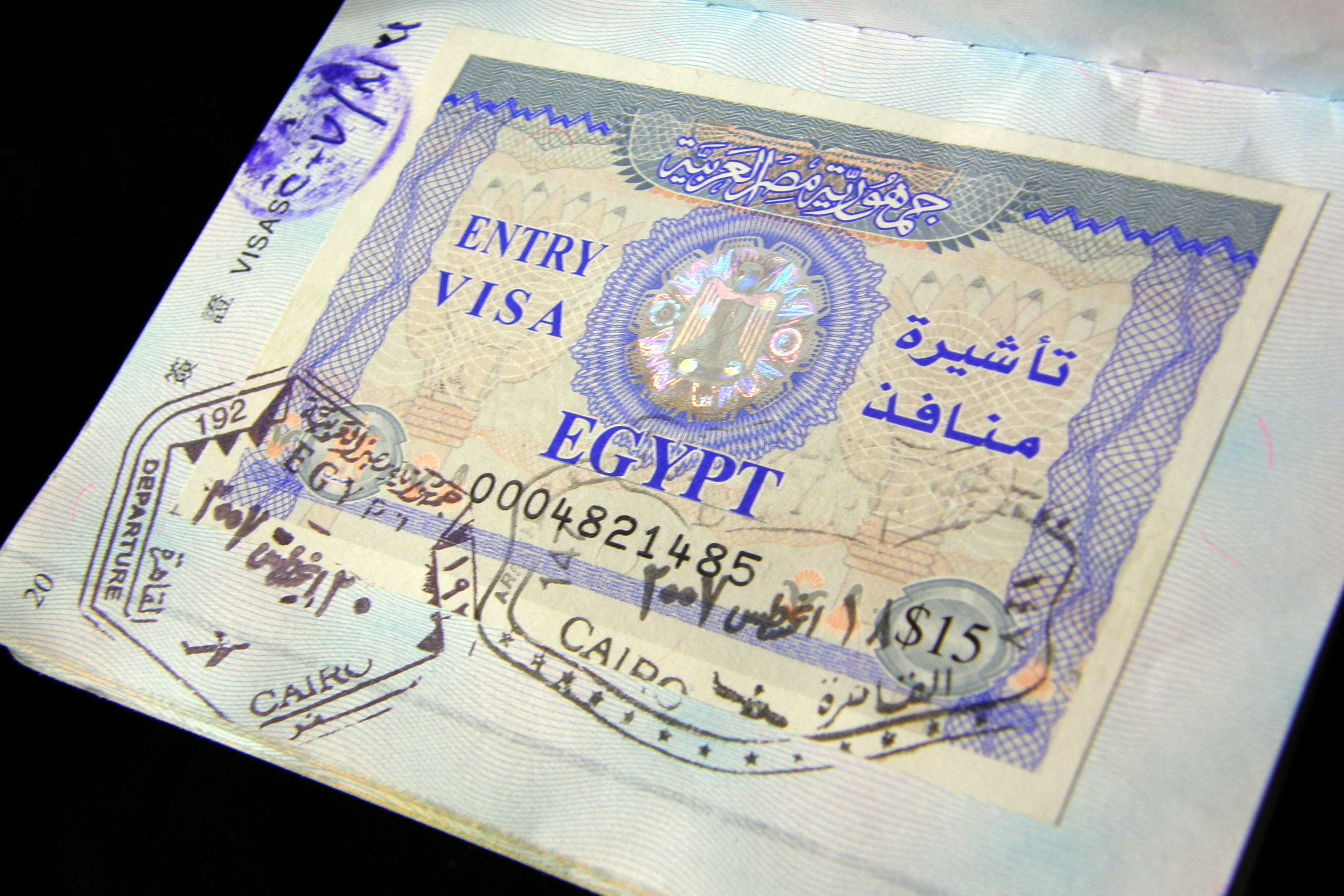
28/02/2026
From March visas to Egypt will be $5 more expensive

28/02/2026
Krakow finally obtains environmental approval for the construction of a new runway
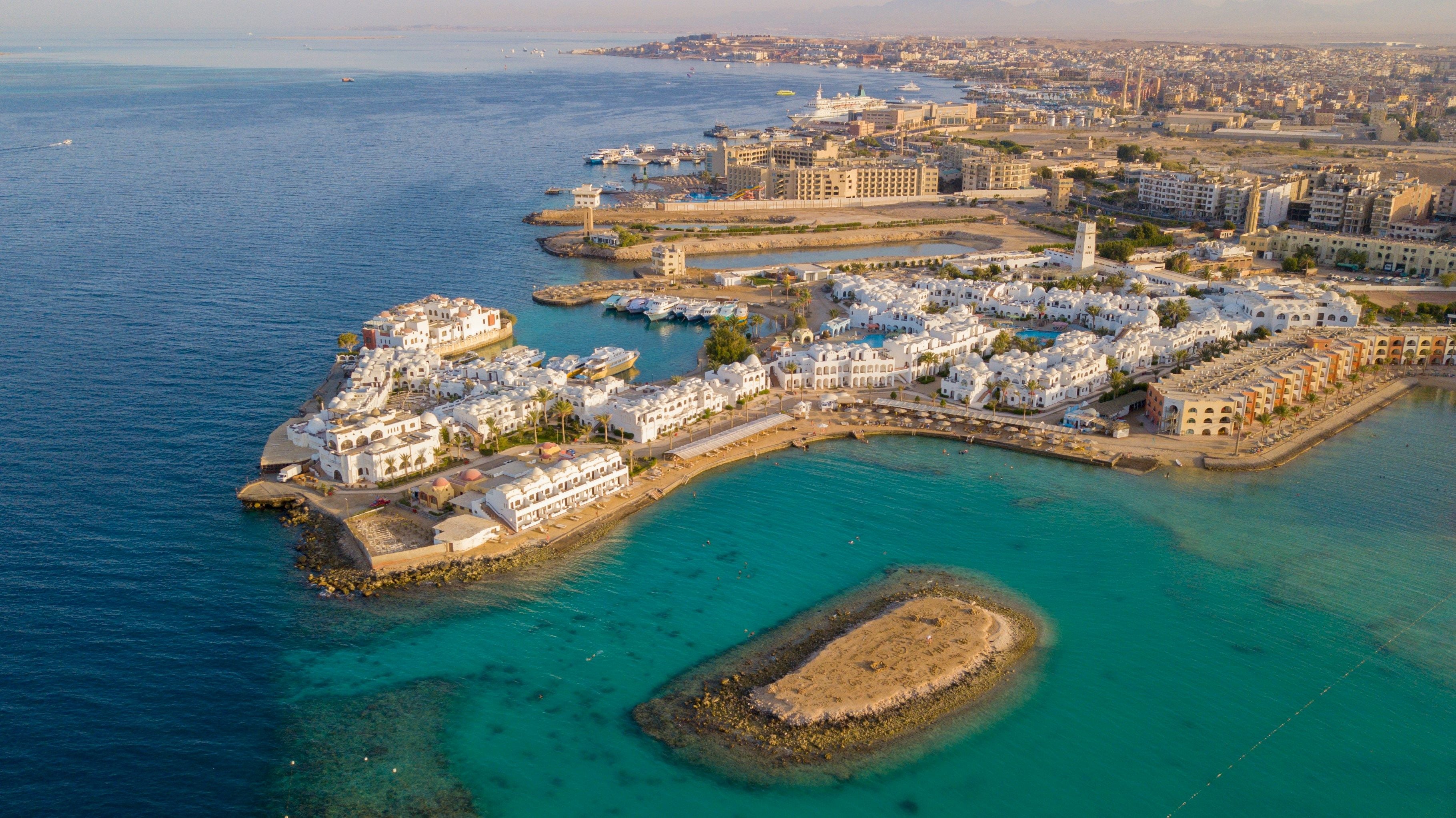
28/02/2026
Corendon Airlines will fly from Warsaw and Katowice to Hurghada

28/02/2026
Wizz Air has announced the launch of a new route from Warsaw to Zadar

26/02/2026
Making money from short-term rentals in Dubai